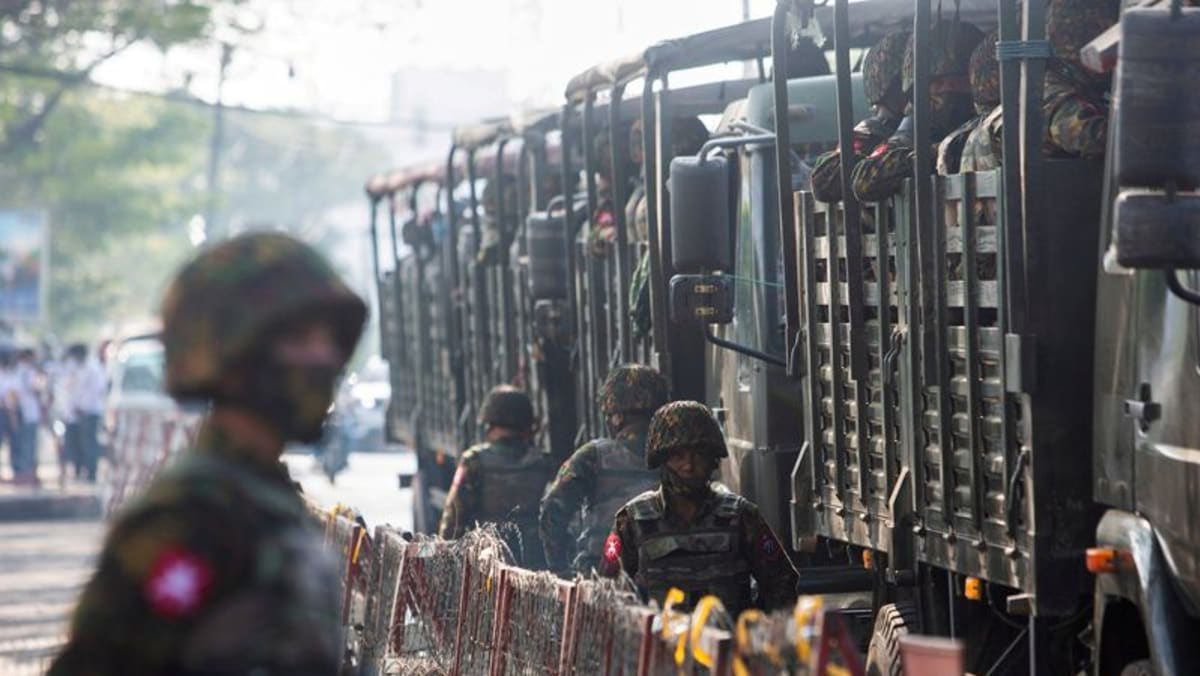
Myanmar has been locked in conflict since the military seized power in a coup in 2021 that sparked nationwide chaos and abruptly ended a decade of tentative democracy and economic reform.
The sanctions, which freeze any US assets of those targeted and generally bar Americans from dealing with them, come as junta leader Min Aung Hlaing is under pressure after a series of battlefield defeats that have seen rebel groups take control of at least 35 towns since October.
The generals are facing their biggest challenge since first taking power of the former British colony in 1962, with a youth-led pro-democracy uprising morphing into an armed resistance movement after a lethal crackdown on a wave of protests and post-coup dissent.
The junta has deployed heavy artillery and fighter jets to try to suppress militias allied with a shadow government and ethnic minority armies, several of which launched a coordinated offensive in October that stunned the military and has dented its battlefield credibility.
About 2.3 million people have been displaced, according to the United Nations, while efforts by Myanmar’s Southeast Asian neighbours to initiate dialogue have seen no progress, with the junta refusing to negotiate with what it calls “terrorists”.
“The United States, along with our allies and partners, will continue to hold accountable those who seek to profit from, and provide support for, the violent oppression of the people of Burma,” Treasury’s Under Secretary for Terrorism and Financial Intelligence Brian Nelson said in a statement.
